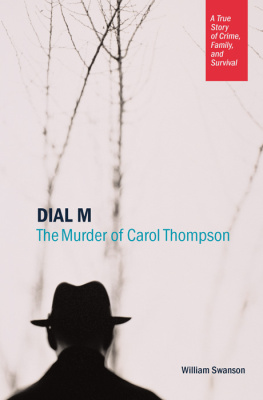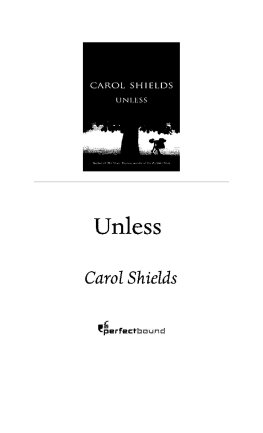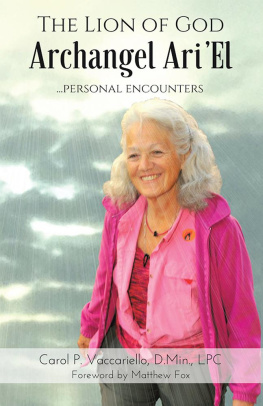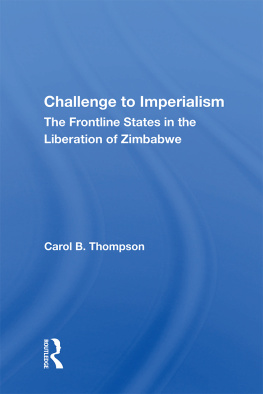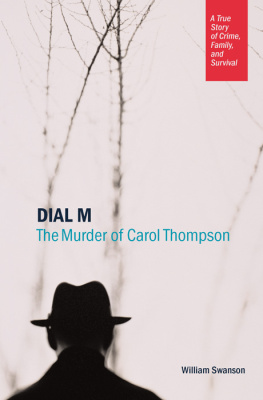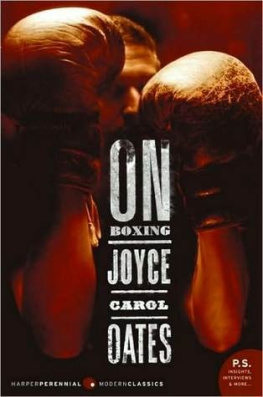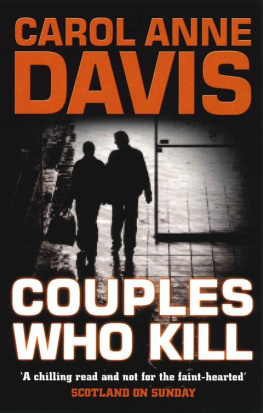DIAL M
DIAL M
The Murder of
Carol Thompson
WILLIAM SWANSON

Borealis Books is an imprint of the Minnesota Historical Society Press.
www.borealisbooks.org
2006 by William Swanson. All rights reserved. No part of this book may be used or reproduced in any manner whatsoever without written permission except in the case of brief quotations embodied in critical articles and reviews. For information, write to Borealis Books, 345 Kellogg Blvd. W., St. Paul, MN 551021906.
The Minnesota Historical Society Press is a member of the Association of American University Presses.
Manufactured in the United States of America
10 9 8 7 6 5 4 3 2
The paper used in this publication meets the minimum requirements of the American National Standard for Information SciencesPermanence for Printed Library Materials, ANSI z39.48-1984.
International Standard Book Number
ISBN 13: 978-0-87351-560-3 (cloth)
ISBN 10: 0-87351-560-9 (cloth)
Library of Congress
Cataloging-in-Publication Data
Swanson, William, 1945
Dial M : the murder of Carol Thompson / William Swanson.
p. cm.
ISBN 0-87351-560-9 (cloth : alk. paper)
Ebook ISBN 978-0-87351-667-9
1. Thompson, Carol, 1928 or 91963.
2. Murder victimsMinnesotaSaint PaulCase studies.
3. MurderMinnesotaSaint PaulCase studies.
I. Title.
HV6534.S193S92 2006
364.152'309776581dc22
2005029864
To Libby
Murder is mysterious; even if we know all the who-what-when facts... , the distance between our own lives and the act of murder leaves a space where mystery creeps in....
[A murder story] is about what must be imagined, what cant actually be seenwhat cant, in any verifiable way, be known. Even when the murder story involves the solution of a mystery, that solution cant resolve all our questions.
WENDY LESSER
Pictures at an Execution: An Inquiry into the Subject of Murder
Murder cases are generally of interest to the extent that they suggest some anomaly or lesson in the world revealed.
JOAN DIDION
L.A. Noir
Dial M
Cotton and Carol
Brother and Sisters
Phoenix
AUTHORS NOTE
Most factual accounts of murderincluding American classics such as In Cold Blood and The Executioners Song are stories about murderers. There is nothing mysterious about that. Murderers, after all, usually outlive their victims, and often, thanks to long and highly publicized investigations, trials, and appeals, they remain walking, talking public presences years after memories of the victims and the particulars of the murders themselves have faded in our minds.
The account that follows is different. To be sure, it is a story about a murder and murderers, perhaps the most infamous murder and murderers in Minnesota history. But it is also very much about the victims: the literal victima thirty-four-year-old wife and mother who was fatally beaten and stabbed in her St. Paul home on March 6, 1963and her four children, ages six to thirteen at the time of her death, who have grown into adulthood and middle age beneath the long arc of that horrible crime. The fact that, in this case, the husband and father of the victims was judged responsible for the murder makes it impossible to think about, much less tell, one story without the other.
This, then, is both a family saga and a true account of a notorious crime. And happilygranted, an unlikely word given the circumstancesthe saga does not end when the book does.
DIAL M
PART ONE
Cotton and Carol
Some people have expected to see his crimes written in the face of a murderer, and have been disappointed because they did not, as if this impeached the distinction between virtue and vice.
WILLIAM HAZLITT
On Cant and Hypocrisy
The Scene of a Cutting
Moments after nine oclock on Wednesday morning, March 6, 1963, Mrs. Fritz Pearson, a physicians wife who lived at 1707 Hillcrest Avenue in the Highland Park neighborhood of St. Paul, Minnesota, glanced out her living room window and saw a most unusual sight.
She saw a woman slumped on the front steps of the Tyler Neptune house directly across the street. The woman, Mrs. Pearson later told the police, appeared to be almost nude, draped in only a light blue coat or wrap of some kind. Moreover, despite the weatherthe temperature was hovering near freezing and a light snow was fallingthe woman seemed to be barefoot. More puzzling yet, her face and upper body looked as though they were covered with blood. Then, as Mrs. Pearson and a hired man who was painting the Pearsons living room watched, the woman struggled to her feet and staggered across the yard to the Harry Nelson home next door.
When the doorbell rang at 1700 Hillcrest, Mrs. Harry Nelson was in the breakfast nook off the kitchen, listening to the nine oclock news. Opening the front door, she was astonished to find a bloodied, barefoot woman wrapped in a light blue bathrobe shivering in the snow. The woman was clutching her throat, though it appeared that most of the blood was coming from wounds on her scalp and face. I thought it looked like she was burned, but it was blood, Mrs. Nelson said later.
Help me, Mrs. Nelson thought the woman said. Help me. The womans voice was faint, a forced whisper, and her words were difficult to understand.
Mrs. Nelson, her husband, and an adult son who had also been in the kitchen brought the woman into the house and laid her down on a rug inside the front door. Despite her difficulty speaking, the woman managed to tell them that there was a knife in her throat. One of the Nelsons asked who had done this to her, and in a faint voice, she said, A man did it. When Mrs. Nelson asked her name, the womans answer was unintelligible. Johnson, she seemed to be saying. Mr. Nelson called the police.
Within seconds, Dr. Fritz Pearson, who had been alerted by his wife, crossed the street to the Nelsons house and began attending to the injured woman. With towels and washcloths provided by Ruth Nelson, the elderly physician carefully wiped enough blood off the womans face for them to see who it was. No less astonishing than her appearance at the front door was the womans identity.
It was, of all people, their neighbor Carol Thompson.
At 9:07, Archie Hines, the dispatcher on duty at the Public Safety Building on East Eleventh Street in downtown St. Paul, responded to a call from a Mr. Harry Nelson in Highland Park and directed Squad 302, a police ambulance, to 1700 Hillcrest Avenue. A badly injured lady was how Hines, in his departmental report, described the objective of the police response.
Squad 302, manned by Officers Harry Hughley and Willard LaBathe, picked up the dispatchers call near the intersection of Selby and Snelling, slightly more than two miles from the Highland Park address. But the light snowfall that had begun a couple of hours earlier had slicked the streets and slowed the mornings traffic, so Sergeants John Mercado and Roy Shepard, who had heard Hiness call in their squad car a few blocks from the scene, arrived on Hillcrest first. In his report, filed later that morning, Mercado said that he and Shepard found a woman lying on the floor of the Nelsons house, bleeding from wounds in her neck and right eye. [The] wounds were small and appeared to be stab wounds, he wrote.
While Dr. Pearson administered first aid, Mercado asked the woman if she could tell him who had assaulted her. Struggling for breath, she was unable to answer. Mrs. Nelson told the officers that the womans name was Carol Ann Thompson and that Carol, her husband, T. Eugene Thompson, and their four children lived three houses down the block.

